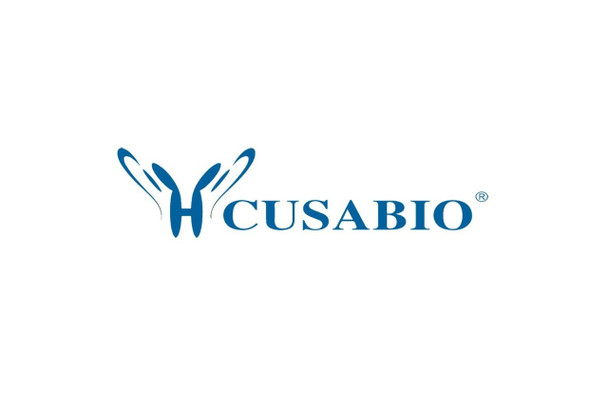Cusabio Polyclonal Antibodies
SLC5A5 Antibody | CSB-PA050912
- SKU:
- CSB-PA050912
- Availability:
- 3 to 7 Working Days
Description
SLC5A5 Antibody | CSB-PA050912 | Cusabio
SLC5A5 Antibody is Available at Gentaur Genprice with the fastest delivery.
Online Order Payment is possible or send quotation to info@gentaur.com.
Product Type: Polyclonal Antibody
Target Names: SLC5A5
Aliases: Solute carrier family 5 (sodium iodide symporter), member 5
Background: This gene encodes a member of the sodium glucose cotransporter family. The encoded protein is responsible for the uptake of iodine in tissues such as the thyroid and lactating breast tissue. The iodine taken up by the thyroid is incorporated into the metabolic regulators triiodothyronine (T3) and tetraiodothyronine (T4) . Mutations in this gene are associated with thyroid dyshormonogenesis 1.
Isotype: IgG
Conjugate: Non-conjugated
Clonality: Polyclonal
Uniport ID: Q92911
Host Species: Rabbit
Species Reactivity: Human
Immunogen: Synthetic peptide of human SLC5A5
Immunogen Species: Human
Applications: ELISA, WB, IHC
Tested Applications: ELISA, WB, IHC;ELISA:1:1000-1:2000, WB:1:500-1:2000, IHC:1:15-1:50
Purification Method: Antigen affinity purification
Dilution Ratio1: ELISA:1:1000-1:2000
Dilution Ratio2: WB:1:500-1:2000
Dilution Ratio3: IHC:1:15-1:50
Dilution Ratio4:
Dilution Ratio5:
Dilution Ratio6:
Buffer: -20°C, pH7.4 PBS, 0.05% NaN3, 40% Glycerol
Form: Liquid
Storage: Upon receipt, store at -20°C or -80°C. Avoid repeated freeze.
Initial Research Areas: Signal Transduction
Research Areas: Cancer;Metabolism;Signal transduction











